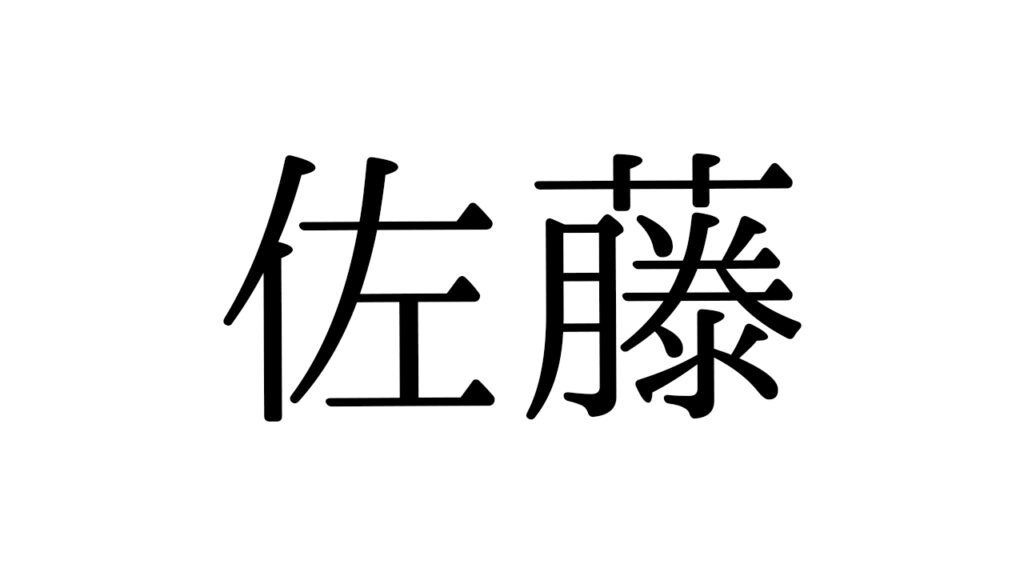Have you ever wondered how different cultures share the news of someone’s passing? In Japan, the tradition of announcing a death carries profound cultural significance. Let’s explore the meaning of “fuhō,” its historical background, and its enduring role in Japanese society.
What Does “Fuhō” Mean?
“Fuhō” (訃報) refers to the formal announcement of a person’s death. Typically conveyed to family, friends, and colleagues, a “fuhō” serves as more than just a notification—it is a heartfelt way to honor the deceased, reflect on shared memories, and offer condolences to those left behind.
The Origins of “Fuhō”
The practice of announcing deaths has existed for centuries. In ancient Japan, the news was spread by word of mouth or by appointed messengers. With the rise of printing technology during the medieval period, death announcements began appearing in letters and newspapers. Today, thanks to the internet and social media, “fuhō” can be shared quickly and across vast distances, yet its purpose remains deeply rooted in tradition.
Cultural Customs Surrounding “Fuhō”
How “fuhō” is communicated varies widely across cultures. In Japan, it is common to personally inform close family members and relatives, often by telephone, as a sign of deep respect and sensitivity. In contrast, Western cultures frequently use printed obituaries in newspapers, making the announcement accessible to a broader community and offering a space for public mourning.
The Deeper Role of “Fuhō”
Beyond informing others, “fuhō” plays a crucial role in the grieving process. It provides a moment to honor the life and accomplishments of the deceased, offering a space for collective remembrance and reflection on the fragility of life. On a broader level, “fuhō” strengthens social bonds, fostering a sense of support and solidarity within the community during times of loss.
A Timeless Tradition of Empathy and Respect
Although the methods of delivering “fuhō” have evolved over time, its essence remains unchanged: to remember the departed, honor the relationships they nurtured, and express heartfelt condolences. By understanding the deep cultural meaning behind “fuhō,” we can appreciate the spirit of empathy and respect that it represents in Japanese society—and perhaps find a universal truth in how we honor those who have passed.


